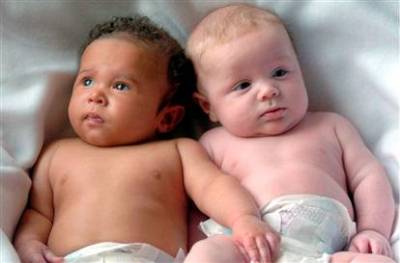 Thousands of anxious Chinese parents queued at hospitals for health checks on their babies as a spreading scandal involving contaminated milk powder claimed a fourth victim. Police arrested 12 more people involved in bulking out the milk with the chemical melamine, bringing the total to 18.
More than 1,000 parents crowded into the waiting room at the Beijing Children's Hospital carrying their sleeping babies and toddlers. They said their children had been drinking three major brands of baby milk powder, Yashili, Mengniu and Sanlu, all of which have been recalled after government tests found melamine.
Fang Sunyi, 28, who was holding her three-month-old son, said he had been fed the milk since birth.
"I'm just praying there's nothing wrong with my son," she said. "We first fed him Sanlu, then stopped because that was reported to be bad quality, then we switched to Yashili, but now there's nothing left. We don't know what's safe anymore and we don't want to take any chances."
In Shijiazhuang dozens of parents queued outside the headquarters of Sanlu demanding refunds for their purchases of milk powder. The mood was calm but confusion prevailed as parents traded tips on what products they thought were safe.
The widening crisis has raised questions about the effectiveness of tighter controls China promised after a series of food safety scares in recent years over contaminated seafood, toothpaste and ingredients for pet food.
Hong Kong newspapers reported that many mainland residents were crossing the border into the territory to buy infant milk. Shop owners said stocks were running low, but that there has been no panic buying.
Authorities in Singapore announced they were following Hong Kong and recalling ice cream bars made by Shanghai Yili AB Foods after Hong Kong said melamine was found in them. Singapore said it would conduct tests on other imported milk and dairy products from China.
China's government has sent 5,000 inspectors to monitor milk powder producers after the number of babies poisoned rose to 6,244. More than 1,300 babies, mostly new-born, remain in hospital, with 158 suffering from acute kidney failure.
|

